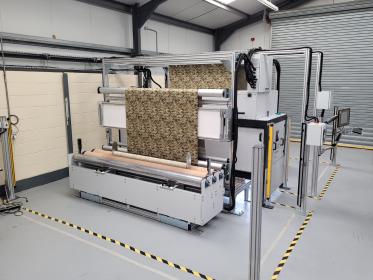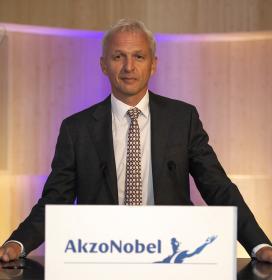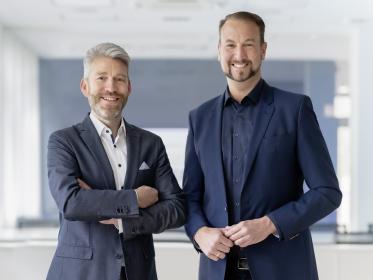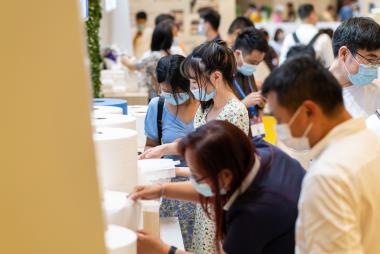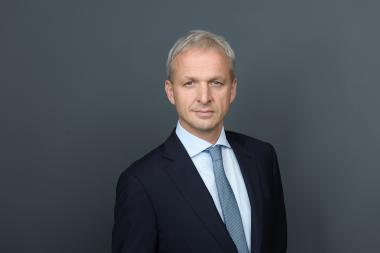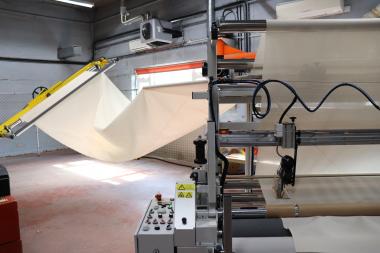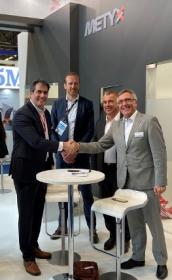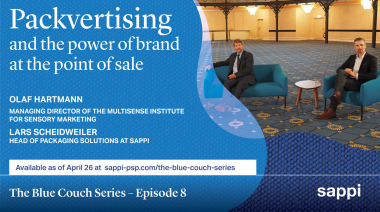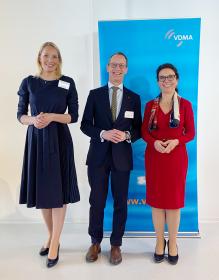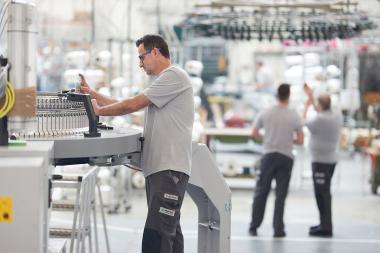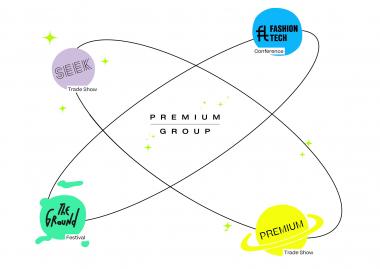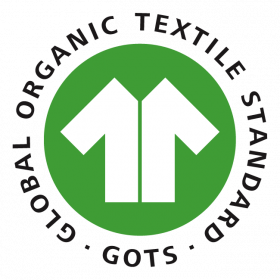GoodTextiles Foundation supports Indian village with cows
The GoodTextiles Foundation, initiated by Dibella, has implemented a new support project in India: Each family of a small village community of organic farmers received a cow from the donations received. The herd of fifty animals helps with farming, gives milk, produces sufficient natural fertilizer and should soon provide higher crop yields and a better income.
In 2016, Dibella established the GoodTextiles Foundation with the aim of making textile value chains more sustainable. It raises funds and implements its own support projects to benefit people at all stages of the textile economy. The most recent project, "One cow for every family," has now taken the first, important intermediate step: Fifty cows arrived in the small village of Aliguda Village (Utnoor Division, Adilabad, Telangana, India) at the beginning of June 2022.
"Some of our organic cotton is grown on the farms of the village community managed by the smallholder organization Chetna Organic. During the filming of the German documentary "plan b", the farmers told us that they need more natural fertilizer to cultivate their fields ecologically and economically. The biggest wish of each family is therefore a cow. However, they cannot afford this because of the high price of the equivalent of 300 euros. That's how the idea for our next sponsorship project was born," reports Ralf Hellmann, managing director of Dibella and member of the foundation's board of directors.
In addition to the most important reason for purchase - the production of fertilizer - the cows also serve as livestock. They are harnessed in front of the plow and make the strenuous work of tilling the soil easier for the farmers. As draft animals they serve to transport heavier loads, and as milk suppliers they contribute to a family's food supply. Surplus milk that is not needed in the household also provides families with an important additional income through sale.
GoodTextiles Foundation




